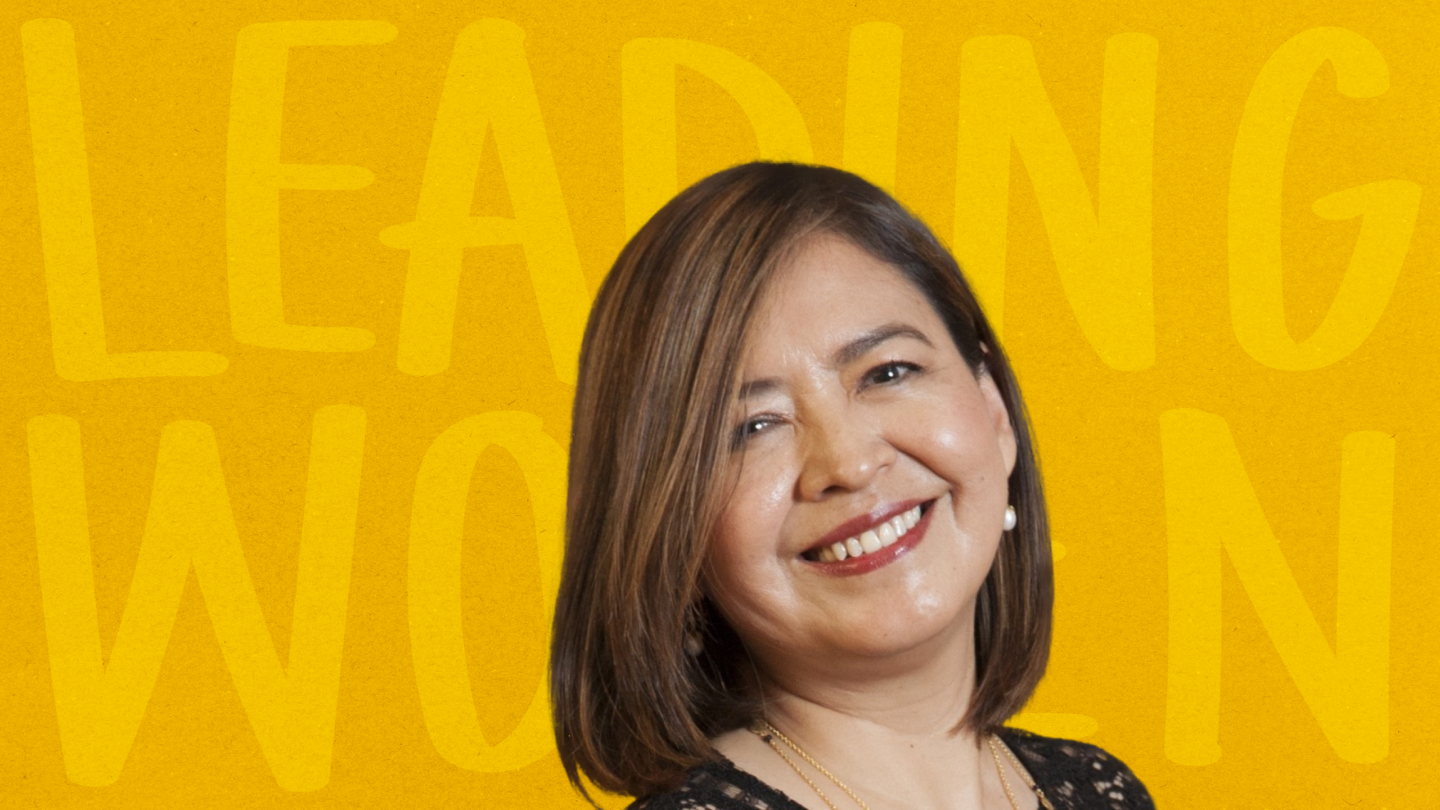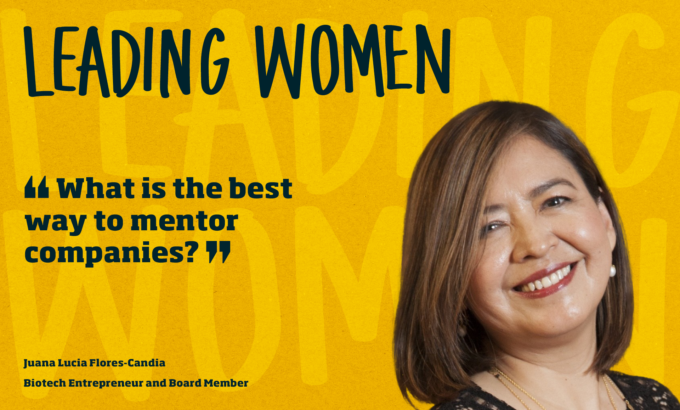The job of a biotech entrepreneur is thrilling. It’s hard to think of something more exciting than to sit at the forefront of technology and business. But to execute an exciting vision, with the greatest impact, demands a full-time commitment. When you are in executionmode and always on the move, it’s easy to forget to allow enough time for self-care and your family.
There are constant distractions and decisions to be made, too. Disruptive technologies are growing exponentially and changing the way we manage, and deliver, our products and services. The challenge is not only which choices to make, but also when to make them. Entrepreneurs have to ask themselves how they can transform those challenges into opportunities, without causing distress in focused teams and while managing demanding shareholders.
And then there is the decision on when to let go. When startups are ready to move onto the next significant stage of growth, their chief executives and founders are confronted with the need to cede authority and responsibility. In many cases, successful entrepreneurs abandon the same blueprint that helped them to build the company when resources were restricted.
This is why entrepreneurs need a mentor. They need someone to help them to navigate these decisions, to talk through the impact of new technology, and to keep them and their businesses on track.
How to connect
After I had started my first biotech company in Lima in the 1990s – to transform native Peruvian raw materials into high-added-value products of pharmaceutical and industrial applications
– I was hired by international companies to drive transformational change. Crucial to excelling in this area was not only my technical know-how, but also my ability to build trust and empathize with others.
I recall having to build a global-transformation program to turn around a household brand.
It meant launching 20 projects in more than 20 countries and addressing every stage of the value chain, from R&D to distribution and sales.
While my responsibility then was to connect local with global, and channel resources and know-how in the best possible way, it was everybody’s commitment and engagement that allowed us to go beyond incremental improvement to transformational impact, achieving sustainable double-digit growth.
This experience of scaling projects within companies has proven invaluable in the next stage of my career: helping entrepreneurs hone the skills and define the strategy to take their business to the next level.
Questions for entrepreneurs
Entrepreneurs also need help because the biotech and healthcare industries have changed so rapidly. They have become more and more tech-affected and tech-focused, lowering the barriers to entry for tech giants. . This has changed the competitive landscape profoundly.
To give just a couple of examples, China’s Tencent has invested in numerous medical startups since 2017 and, a year later, Amazon entered the health sector after it acquired PillPack, an online pharmacy, now Amazon Pharmacy. One of its biggest deals last year was the acquisition of the primary-care organization One Medical.





 Audio available
Audio available
